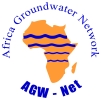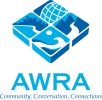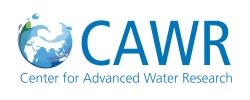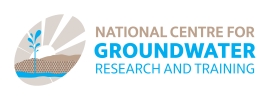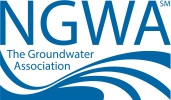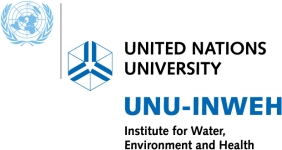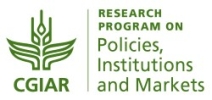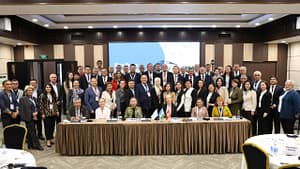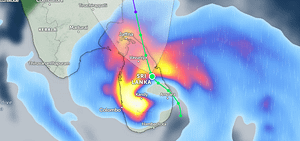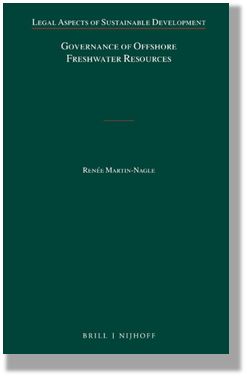
Offshore freshwater aquifers (OFAs) were first discovered in the mid-1970s off the northeast coast of the USA, but their existence remained relatively unknown until the early twenty-first century. An article in the journal Nature in 2013 – Offshore fresh groundwater reserves as a global phenomenon – kick-started widespread attention in mainstream media and academic publications for its declaration that enormous volumes of fresh to slightly brackish water were sheltered in continental shelves around the world. Indeed, scientific expeditions have confirmed the existence of OFAs not only along the northeast coast of the USA but also along the coasts of northern Europe, Suriname, South Africa, Peru, Greenland, Australia, Tanzania, Nigeria, the East China Sea, and New Zealand, indicating that OFAs are a widespread global phenomenon. A recent study confirmed that the aquifer under the continental shelf of northeast USA contains a volume of freshwater equivalent to that of Lake Ontario. With land-based freshwater scarcity predicted to hit populous coastal areas in the near future, there can be little doubt that serious consideration will need to be given to developing such hidden water reserves, which could be strategic and vital to land-based species and economic growth.
The impetus to utilize OFAs will probably arise from widespread scarcity of suitable conventional freshwater resources, causing the price of land-based freshwater to increase high enough to offset the capital investment necessary to explore and extract an offshore commodity. In this regard, the precedents established by the offshore hydrocarbon industry can provide guidance in terms of international law principles and regimes, and practical management. Assuming that humans decide to tap the last cache of unfrozen freshwater at some point, questions regarding ownership, development and management will certainly arise.
Ownership will be easily determined. Under current governance regimes, coastal nations have exclusive sovereign rights to all natural resources in their defined continental shelves, including freshwater reserves held in the seabed. Should transboundary deposits be discovered, which is inevitable, the relevant coastal nations will likely follow the practice established by the hydrocarbon industry of negotiating their respective portions.
On the other hand, making decisions regarding development and management will not be so easy, because those decisions will require value judgements on the timing and extent of extraction, and potential compromises on environmental and transboundary impacts. Since most of the freshwater in OFAs was emplaced thousands of years ago during the last ice age, any extraction is akin to mining a non-renewable resource, making achievement of ‘sustainable’ use of the resource impossible. In a world where both humans and ecosystems suffer from freshwater scarcity, the current demands of present generations must be balanced against the projected needs of future generations. Policy makers will have to address difficult trade-offs. Should OFAs be tapped at all? If they are developed, what should be the criteria that determine timing and volume of extractions? Should the precious liquid be distributed according to priorities serving domestic uses, according to financial capacity, or in the service of broader human and ecosystem needs?
We are quickly approaching the time when the freshwater in OFAs will be urgently needed, and it would be wise to use this period to explore the values and principles that will guide us through freshwater’s final frontier.
To learn more about OFAs, the recent volume in the Legal Aspects of Sustainable Development series – ‘Governance of Offshore Freshwater Resources’ authored by Renée Martin-Nagle and published by Brill/Nijhoff – offers a welcome and timely account of the legal and management aspects of OFAs. The information provided is based on preliminary global assessments of the scale and importance of this previously unknown freshwater resource, and its potential role in ensuring survival of our own and other species – if development is approached cautiously and mindfully.
Renée Martin-Nagle, PhD
President and CEO, A Ripple Effect PLC







